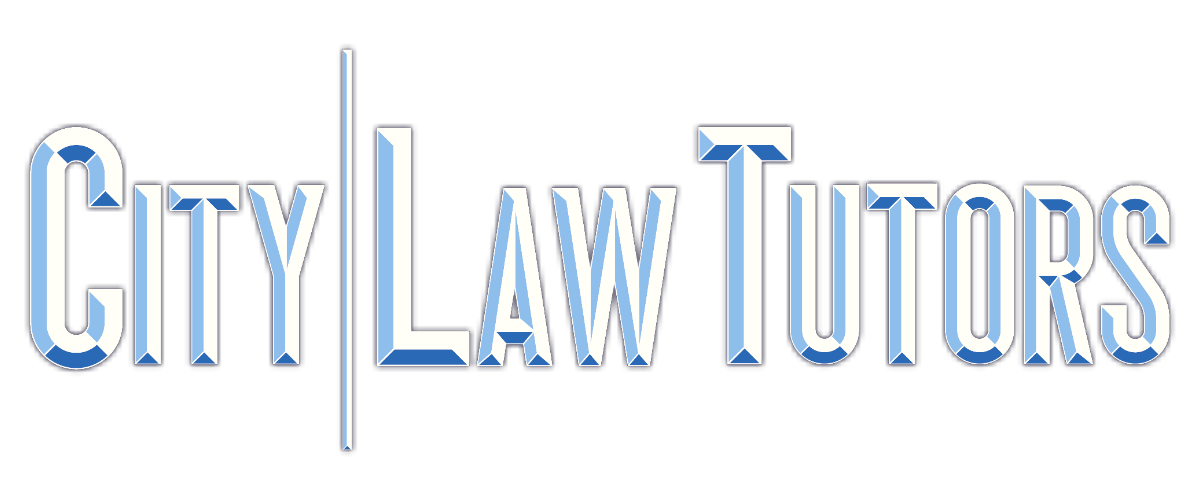
Equity and Trusts
Equity and Trusts
Equity and Trusts is a cornerstone of legal study, dealing with fairness, justice, and the legal mechanisms for managing property in a way that protects the interests of beneficiaries. Below is a structured overview of the subject, covering key principles, cases, and practical applications:
Equity: Foundations and Principles
Nature of Equity
Developed to address rigidity and gaps in common law.
Based on principles of fairness, conscience, and justice.
Maxims of Equity:
Equity will not suffer a wrong without a remedy.
He who comes to equity must come with clean hands.
Equity follows the law.
Where the equities are equal, the first in time prevails.
Equity acts in personam.
Equitable Remedies:
Injunctions: Prevent certain actions.
Specific Performance: Orders the performance of contractual obligations.
Rescission: Cancels a contract to restore parties to their original position.
Rectification: Corrects documents to reflect true intentions.
The Concept of Trusts
A trust is an equitable obligation imposed on a person (trustee) to hold property for the benefit of another (beneficiary).
Key Elements of a Trust:
The Settlor:
Creates the trust and transfers property.
The Trustee:
Holds legal title to the property and manages it.
The Beneficiary:
Holds equitable interest in the trust property.
Creation of Trusts
Express Trusts:
Must comply with the three certainties (Knight v Knight):
Certainty of Intention: Clear intent to create a trust.
Certainty of Subject Matter: Trust property must be identifiable.
Certainty of Objects: Beneficiaries must be clearly defined.
Formalities:
Trusts involving land must comply with the Statute of Frauds 1677 and Section 53(1)(b) of the Law of Property Act 1925.
Resulting Trusts:
Arise when property is transferred without clear intention (e.g., Vandervell v IRC).
Constructive Trusts:
Imposed by courts to prevent unjust enrichment (e.g., Stack v Dowden).
Charitable Trusts:
Governed by the Charities Act 2011.
Must meet the public benefit requirement.
Fiduciary Duties
Trustees owe fiduciary duties to beneficiaries:
Duty of Loyalty:
Avoid conflicts of interest.
Duty to Act Prudently:
Exercise reasonable care in managing trust property.
Duty of Impartiality:
Treat all beneficiaries fairly.
Breach of Trust
Trustees are liable for losses caused by breaches.
Remedies include:
Restitution of the trust property.
Compensation for loss.
Equitable Doctrines and Concepts
Proprietary Estoppel:
Protects expectations where someone relies on another’s promise to their detriment (Thorner v Major).
Tracing:
Allows beneficiaries to follow misappropriated property into new forms (Re Hallett’s Estate).
Secret Trusts:
Trusts created outside a will but enforced by courts (Ottaway v Norman).
Practical Applications
Drafting Trusts:
Clarity in defining the settlor's intentions, trust property, and beneficiaries.
Compliance with legal formalities.
Advising on Breach of Trust:
Identifying breaches and pursuing remedies for beneficiaries.
Defending trustees accused of breaches.
Resolving Co-Ownership Disputes:
Application of resulting and constructive trusts in property ownership cases (e.g., Stack v Dowden).
Tutoring Focus Areas
Understanding Key Concepts:
Deep dive into equitable remedies and the nature of trusts.
Problem Scenarios:
Hypothetical situations involving breaches of trust, tracing, or secret trusts.
Exam Preparation:
Structured answers for essay and problem questions.
Case Law Analysis:
Examining the evolution of equity through landmark cases.
Would you like to explore a specific area, such as equitable remedies, the three certainties, or constructive trusts? Or do you have a case study or problem question you would like to analyze?
The Benefits
Discover why you should choose City Law Tutors. Why us?
The Next Step
Purchase a trial session or purchase tutoring or our study guides and get started with City Law Tutors!

